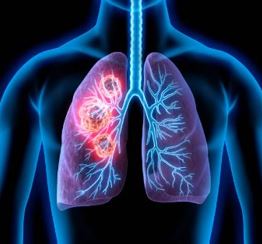Neuroendocrine Cancer of the Lung

Neuroendocrine Neoplasm (NENs) an umbrella term, covering cancers which originate from neuroendocrine cells
Two main types of NEN exist:
1. NETs (neuroendocrine tumours): Characterised as ‘well-differentiated‘, these tumours usually exhibit a gradual to moderate growth pattern.
2. NECs (neuroendocrine carcinomas): Identified as ‘poorly differentiated‘, these tumours tend to grow more quickly.
Neuroendocrine tumors (NETs) are a rare type of pulmonary neoplasm; lung NET start in lung or airway tissue. These airways include the trachea (windpipe), the bronchi (running from the windpipe to lungs) and bronchioles (smallest branches).
Many lung NETs are benign (noncancerous) and removable with surgery. Lung neuroendocrine tumours (NETs) are rare and receiving a diagnosis of lung neuroendocrine cancer can be an unexpected and challenging moment in your life. Each diagnosis is unique, and understanding your situation is essential for making informed decisions about your care. It’s important to remember that not all cancers are the same – some may grow slowly, while others are more aggressive.
Symptoms
Common:
- Persistent cough over at least 2-3 weeks
- Coughing up blood or blood in mucus
- Recurrent Chest infections
- Wheezing or asthma like symptoms
- Breathlessness (Persistent/Worsening)
- Fatigue and lethargy (New/Persistent/Worsening)
- Loss of appetite or unexplained weight loss.
Less Common
- Dysphagia - difficulty swallowing food and drink
- Finger Clubbing
- Aches or pains when breathing/coughing
- A hoarse voice
- Swelling of the face or neck
- Persistent chest or shoulder pain.
Additional information
Please click any of the links below for further information on lung NET

















